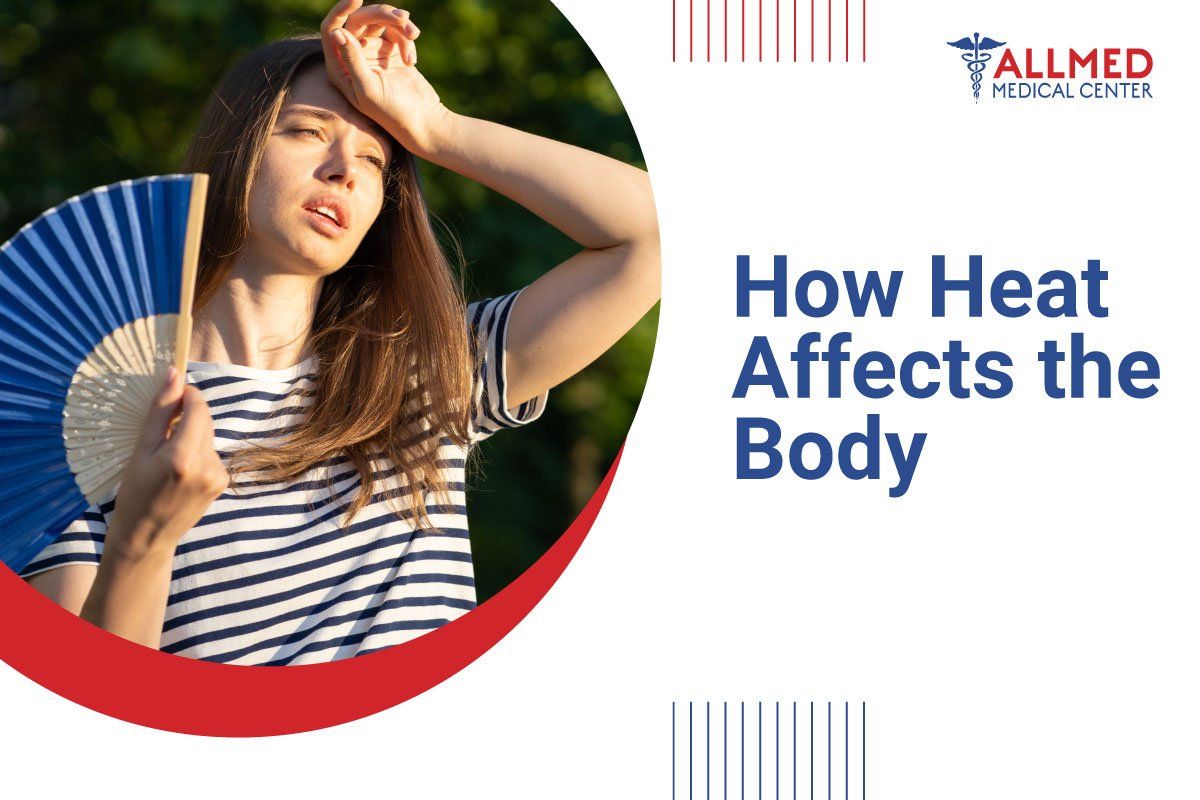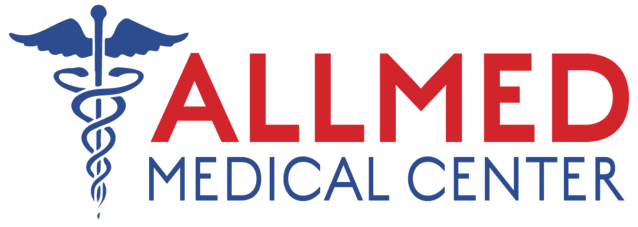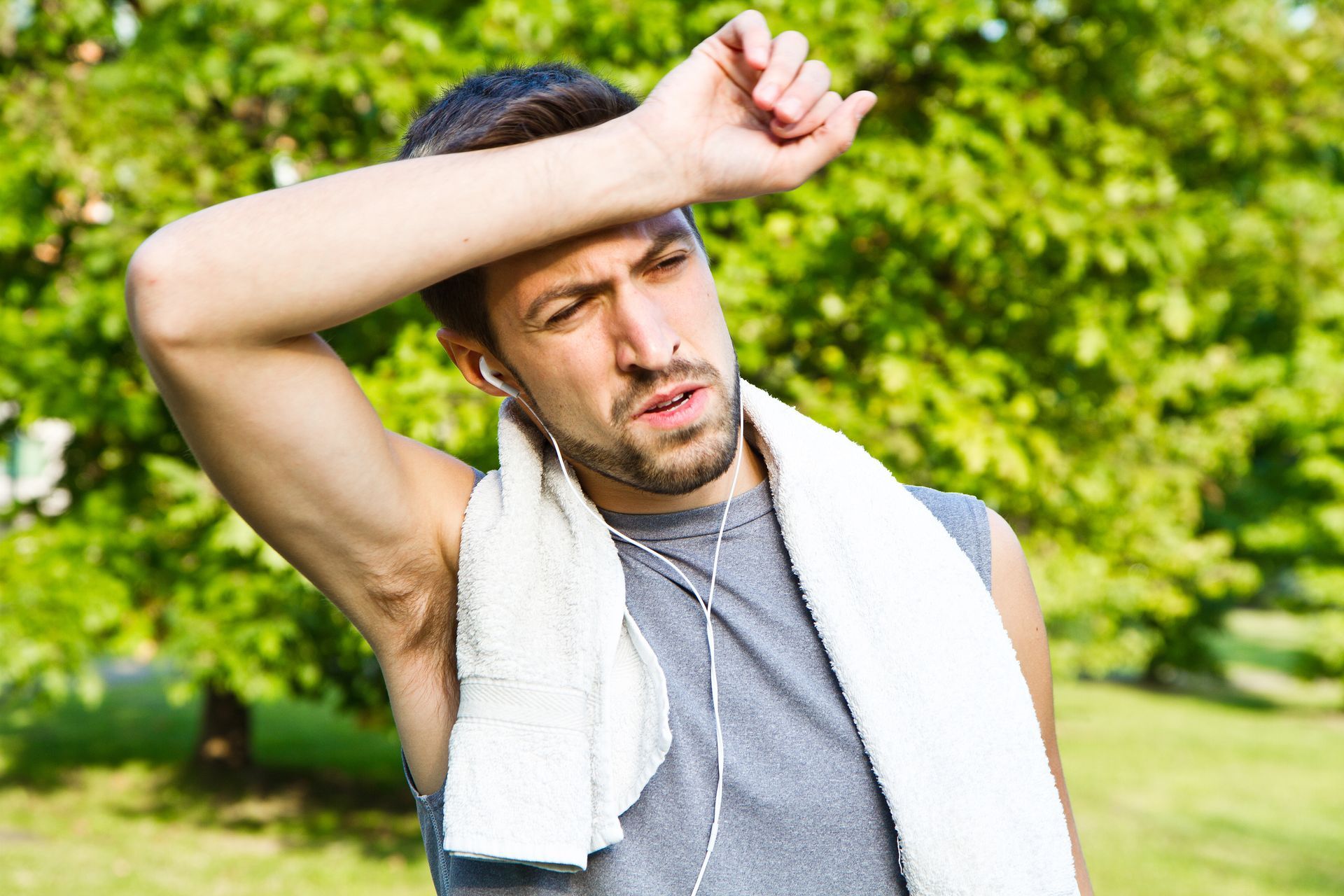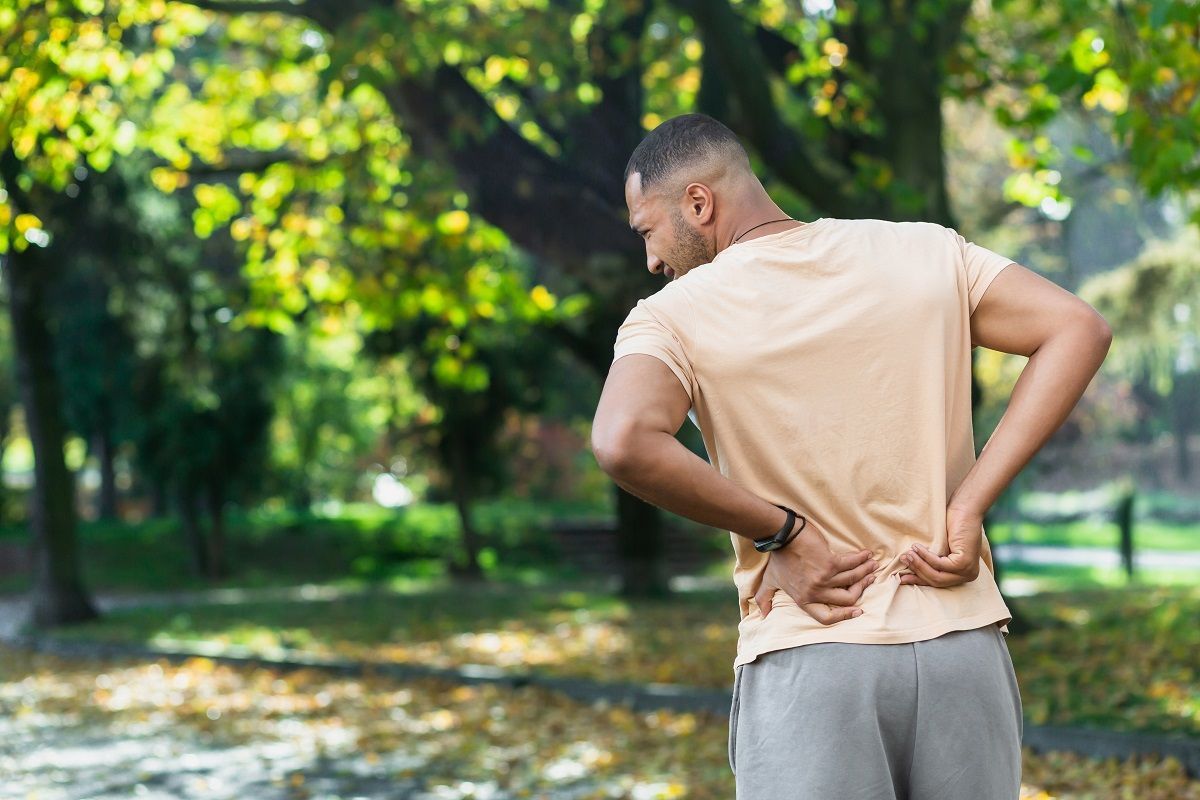
We Proudly Accept Medi-Cal and Medicare
Write your caption hereButton
Now Accepting Walk-ins!
Write your caption here

We Proudly Accept Medi-Cal and Medicare
Write your caption hereButton
Now Accepting Walk-ins!
Write your caption here

Due to climate change, environmental temperatures are likely to increase. High heat weather is becoming more frequent with a longer duration. However, with the right health measures and information, we can prevent the adverse effects of extreme heat. Let’s discuss how heat affects our body and what we can do about it:
Who Is Affected By Heat Exhaustion?
Heat exhaustion can affect all people. But some are at greater risk of having heat exhaustion. The following are the more vulnerable groups:
- Children
- Infants
- Pregnant women
- Manual laborers
- Athletes
- Poor people
How Heat Affects The Body
1.Heat Rash
When the sweat glands secrete too much, the pores get blocked. Blocked pores lead to breakouts forming tiny red bumps on the skin. It usually appears in the elbows, armpits, neck, and groin area. Infants can also have the same reaction, with spots appearing on the chin and groin.
2. Heat Exhaustion
This happens when the body sweats too much, thus losing too much water and salt. Often, the body temperature increases to 100 degrees, and the person may feel weak, nauseated, lighthearted, and weak. The person may complain of headaches and clammy skin. It's critical to find safe ways to cool down your body's temperature.
3. Dehydration
When the weather is humid, people tend to sweat and lose fluid. These fluids contain minerals like potassium and sodium. The person will likely feel thirsty and urinate less than usual. The tongue and mouth may feel dry. Some people feel dizzy, lightheaded, and confused when experiencing dehydration.
4. Sunburn
One effect of heat is sunburn, and the symptoms are itchy, reddish, and painful. If the sunburn is severe, there could be blisters, nausea, headache, and fever.
5. Heat Edema
Too much heat on the body can cause the fingers, toes, and ankles to swell. However, heat edema does not require medication since it usually goes away after elevating the legs. However, if it causes too much discomfort and pain, you may visit your primary care doctor.
6. Higher Pulse Rate
When your body is hot, the heart beats faster to supply more blood to the skin to release the heat. Because of this, some parts of the body may not receive enough blood. Without enough blood supply, this could result in tiredness and weakness.
7. Lower Blood Pressure
Sweating too much can result in the loss of electrolytes and fluids. Likewise, too much heat can dilate the blood vessels to increase sweating. These can result to lower blood pressure. If it is too low, the person can have dizziness or faint.
8. Confusion
People may find it hard to focus and concentrate as the temperature rises. Usually, it is not alarming; however, if you become seriously confused about what you are doing or where you are, it is a sign of heatstroke.
What to Do in Extreme Heat
We cannot avoid extreme heat; however, there are preventable ways to protect the body against extreme heat.
Keep the Body Hydrated
- Take cool showers. Cold packs, towels, and cold wraps are also one way to cool the body.
- Wear clothes that are light and loose-fitting. Wear sunglasses and hats to protect yourself from direct sunlight.
- Drink water regularly but do not drink alcohol. Likewise, avoid too many drinks that contain too much sugar and caffeine.
Stay Out of the Heat
- Avoid going out of your house during the hottest time of the day.
- Avoid strenuous activity like exercise during the hottest part of the day.
- Stay in areas with a shade to avoid direct exposure to the sun.
- Sleep in the coolest room in your house.
- Never leave your children and pets in parked vehicles to prevent heat exhaustion..
If You Feel Unwell Due to Extreme Heat
- Ask for help when you feel intense thirst, dizziness, headache, or weakness. Immediately measure your body temperature and stay in a cooler place.
- Rehydrate with lots of water and fruit juices.
- When you encounter muscular spasms in the abdomen, arms, and legs, this is a sign that you need to rest. Usually happens to people who exercise during hot weather.
- Suppose you observe that your co-worker or friend has symptoms of heat exhaustion. Have them drink water and rehydrate. Call immediately for an ambulance when the person becomes unconscious.
- Put some ice packs on the neck and groin area. You can also spray some water on the skin to avoid heat exhaustion.
Help Others
- Check on your family members, especially the elderly, since they are susceptible to heat exhaustion.
- Please discuss with your family how they can avoid heat exhaustion.
Avoid Heat Exhaustion With AllMed Medical Center
AllMed Medical Center is the place to go for all your medical needs. The priority of our doctor is your well-being.
If you feel at risk of heat exhaustion, you may call us at
1-833-255-6332 today and let us help you prevent and manage heat-related illnesses.
AllMed Medical CentersServing
Greater Sacramento
Allmed Medical Center | All Rights Reserved.










